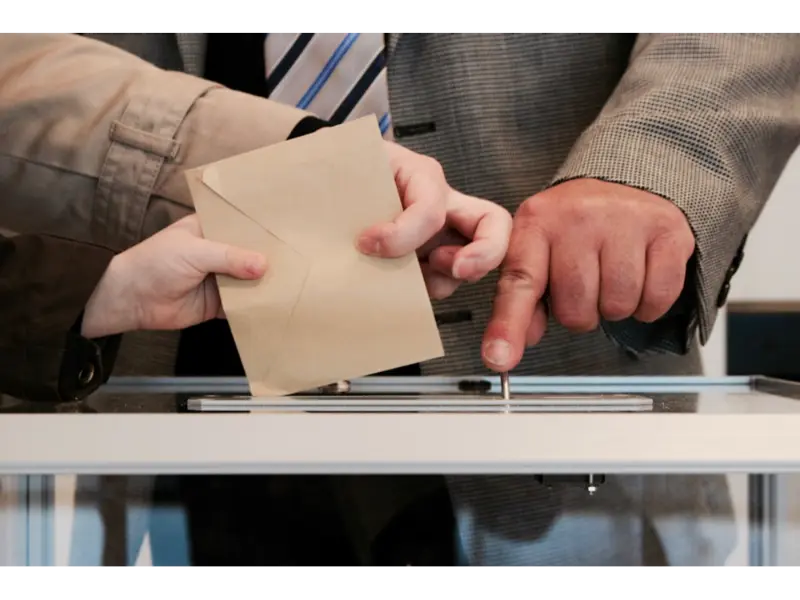- Twenty tech companies will join forces on Friday to prevent artificial intelligence content from interfering with elections around the world this year.
- The signatories to the technical agreement, announced at the Munich Security Conference, include OpenAI, Microsoft and Adobe.
- The agreement does not specify a timeline for fulfilling the commitments or how each company will do so.
Nick Clegg, president of global affairs at Meta Platforms, said: “It would be great if platforms developed new policies for detection, provenance, labelling, watermarking and more.”
Collaborative efforts to safeguard elections
In response to rising concerns about deceptive artificial intelligence content impacting global elections, a coalition of 20 tech companies has come together to take proactive measures. This collective effort, announced during the Munich Security Conference, aims to prevent the misuse of generative AI, which can rapidly produce text, images, and videos. With major elections on the horizon and the potential for AI-driven influence, companies such as OpenAI, Microsoft, and Adobe, among others, have committed to developing tools. This includes not only those building generative AI models but also social media platforms, recognizing the challenge of stemming harmful content on their platforms.
Also read: How does Alphabet plan to thwart AI manipulation in elections?
Addressing the threat of misleading content
The rapid advancement of generative AI technology has raised alarms regarding its potential misuse in influencing elections worldwide. With more than half of the global population gearing up to participate in major polls, the need for preemptive action against deceptive AI-generated content is urgent. The collaborative agreement among tech giants entails the development of detection tools to identify misleading images, videos, and audio. Additionally, there will be concerted efforts towards public awareness campaigns, educating voters on how to discern deceptive content, and taking necessary actions against such content on their respective platforms.
A call for unified strategies and accountability
While the coalition’s commitment is a step in the right direction, questions remain regarding the specifics of implementation and timeline for execution. The absence of detailed plans leaves room for discussions on the development of new policies for detection, provenance, labeling, and watermarking. As Nick Clegg expressed, there is a shared aspiration for platforms to evolve their approaches in combating deceptive AI content. With the potential to significantly impact the integrity of democratic processes, the tech industry faces the critical task of fostering transparency, accountability, and innovation to safeguard the upcoming elections against AI-driven interference.

